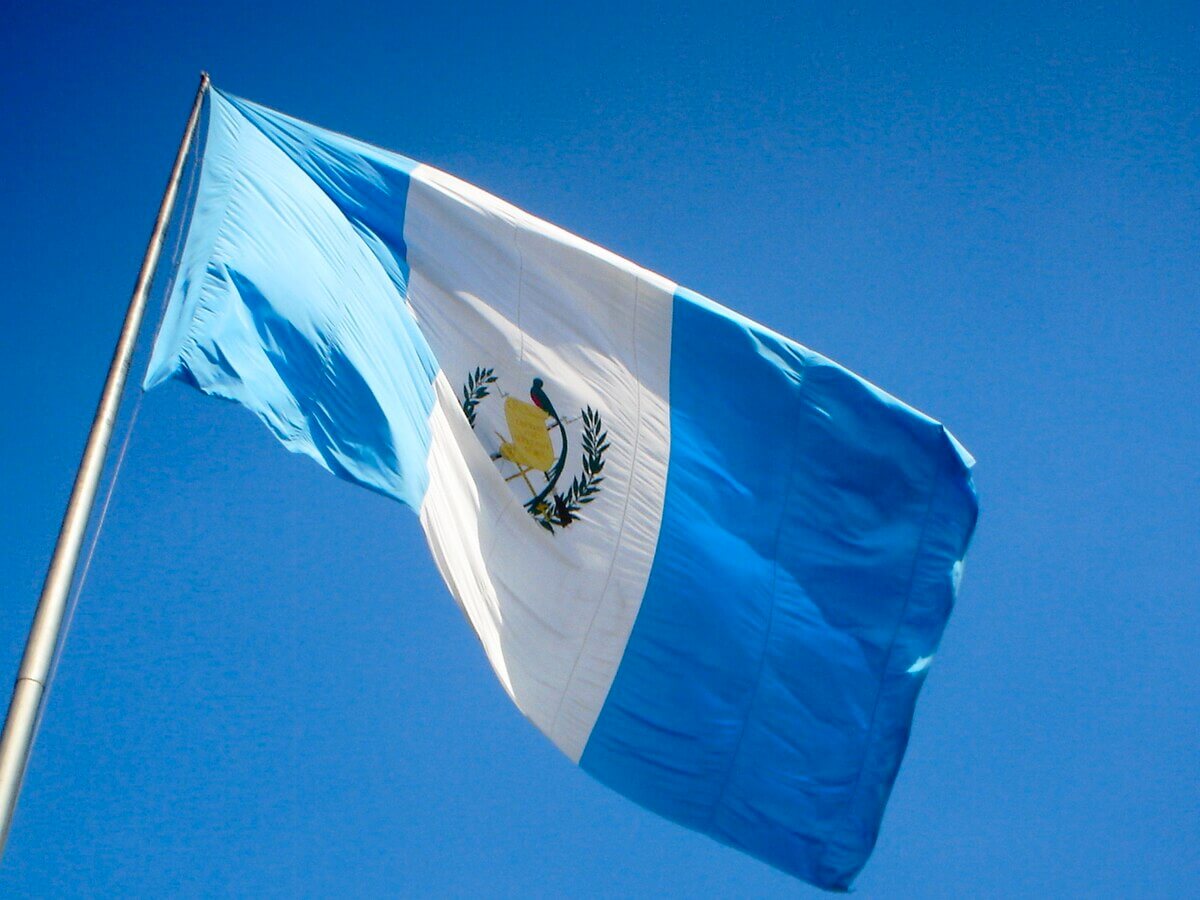China detains Guatemalan products due to its support for Taiwan
Photo: Wikimedia Commons.
Professor Pedro Isern, an academic from the Cescos Foundation in Uruguay, described the recent retention of containers with Guatemalan products in Chinese ports as a political reprisal. According to Isern, this action is directly related to Guatemala’s support for Taiwan, particularly in the context of the recent inauguration of Taiwan’s new president, which the Guatemalan foreign minister attended on May 20.
In a press release issued this Wednesday, Professor Isern described the situation as an act of “blackmail that seeks to intimidate not only Guatemala but the entire region.” According to the academic, the Chinese regime has detained shipments of coffee and macadamia nuts from Guatemala without offering any explanation, suggesting an attempt at economic and political pressure.
Isern noted that pro-Chinese actors have used this incident to highlight China’s economic importance as the world’s second-largest economy and to warn Guatemala about the need to maintain good relations with Beijing. However, the expert underscored the enormous asymmetry in bilateral trade: Guatemala exports only $82 million annually to China, while Beijing exports $5.58 billion to Guatemala, a difference that, according to him, has few precedents in the world.
The professor described China as an arbitrary regime, especially with small and medium-sized countries. “Mainland China thus sends its classic message to small and medium-sized democracies: we are a large economy and a despotic regime, so for a country like Guatemala, it is preferable to break with Taiwan to avoid a repeat of situations like those that have occurred in recent days with Guatemalan goods in Chinese ports,” he stated.
Isern also cited examples of the pressure exerted by Beijing on other countries in the region. He mentioned that Honduras was pressured to break diplomatic relations with Taiwan in exchange for promises to buy shrimp, promises that were not fulfilled after Honduras established relations with Mainland China in 2023. Additionally, he questioned the role of the United States in counteracting this type of systematic pressure exerted by China on Guatemala and other countries such as Costa Rica, Panama, and the Dominican Republic.
In this context, Isern called on the United States to get explicitly involved in the situation and ensure that Guatemala’s potential economic losses will be compensated by the importation of Guatemalan products. “Washington must clearly assure Guatemala that these potential economic losses will be more than compensated for by the importation by the United States of those and other products,” he emphasized. He also highlighted the importance of the United States getting involved in the currency swap agreements that China has made with Argentina.
In response to this situation, Guatemala’s Ministry of Economy has confirmed that it will hold an informal meeting with China’s mission to the World Trade Organization (WTO) at a technical level. During this meeting, Guatemala will request information on the reasons and justifications for the retention of containers with Guatemalan products in Chinese ports, mainly affecting exporters of macadamia and coffee.
The stance of Professor Isern and the response from the Guatemalan government underscore the growing tension in the region due to China’s political and economic influences, and the need for greater international support for small and medium-sized democracies seeking to maintain their sovereignty and independent diplomatic relations.
Main source:

